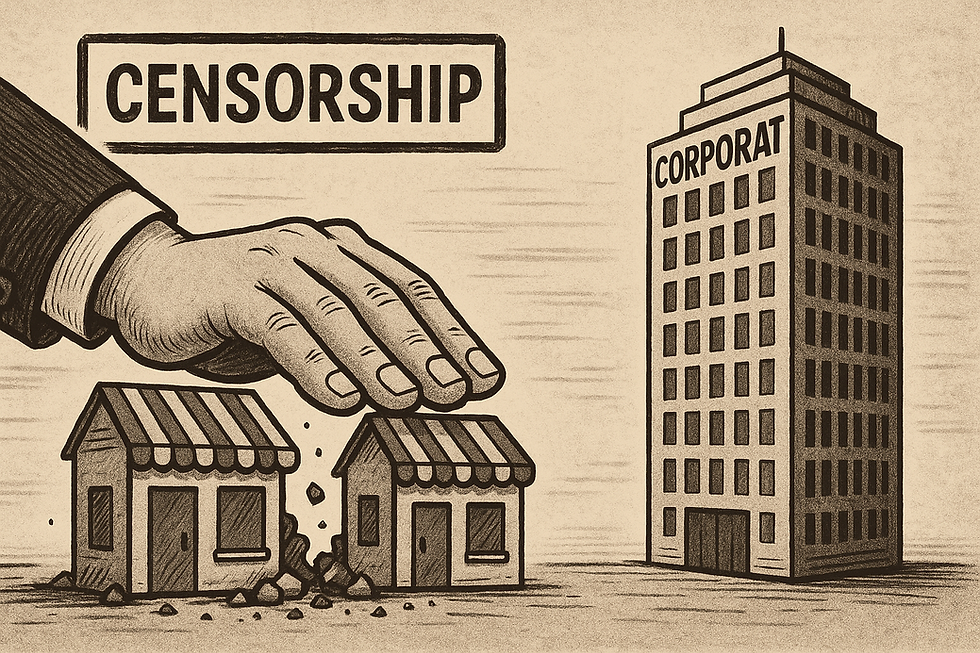The real economic effects of the ban on online betting: An analysis by Nishant Mittal
- Nishant Mittal

- Aug 22, 2025
- 3 min read
A lot has been said about how the ban on Online Betting is a loss of over ₹25,000 Crores in annual taxes for the government. That analysis is incomplete and flawed.
Online betting apps reportedly made a revenue of about ₹30,000 Cr in the last year. But this revenue is a small percentage of the money that is deposited by the users (the take rate of companies is ~10-20% of the total deposits).
What this means is that to make a revenue of ₹30,000 Cr, about ₹1,00,000 Cr were put in by people as deposits. While this is my estimate, it could be verified by the GST numbers, which showed that ~₹25,000 Cr of GST was fetched from this sector in the past year. Since GST was collected on the total deposits, the math says:
₹25,000 Cr = 28% of total deposits
Thereforce, total deposits = ~₹90,000 Cr
Effectively, these betting apps got deposits of about ₹1,00,000 Cr in the last year alone. Now this is a lot of money. But more importantly, it is money "stolen" from the consumption economy of the country. This is where it gets interesting.
Think about it, this ₹1 Lakh Cr could've been used by people to buy things like bread, butter, biscuits, and, maybe even bikes. But it was kept away from the contributive sectors of the economy because it was essentually stuck with these betting companies. This ₹1 Lakh Cr was what's called 'dead money'.
Now there's a cascading effect of the above phenomenon. Which is that money stuck with the gaming companies only goes one way, i.e. to the gaming company as its take rate (half of all deposits made as bets are lost). But the money which goes in the consumption market (bread, butter, biscuits and bikes) has a multiplier effect.
A buck spent in FMCG or Automotive sector circulates 3 to 4 times in the economy (manufacturing, logistics, retail, service, etc.), but a buck wagered as a bet, mostly just dies with the platform.
This means that the ₹1 Lakh Cr which these betting companies ate up in just last year, while being a small number in absolute terms (basically .6% of the total Indian consumption play), led to a rollover losses of up to .4% of the country's GDP. And once this money is freed, India could be looking at some serious GDP gains, which could compound to about .7%, once the cascading effects have kicked in.
India is a $4.2T economy. Once you ban real money betting apps from existence, what you're seeing is not a loss of ₹30,000 Cr in taxes, it's a gain of about ₹1,70,000 Cr in national GDP. That's the deal.
When you think of India's GDP. What are the two things that are holding it back? They're 'Domestic consumption' and 'Private Capex'. These two have been perpetual laggards in the India story. And they're both related, i.e. If the domestic consumption looks good, more private capex follows, and vice versa.
What this little move does is unlocking capital at one end to start an upward spiral. This is a big win. In every way.
P.S. If you're looking at hiring, finding a job, or even a friend, talk to Kavisha.ai

P.P.S. You just read an honest (and hopefully valuable) article for free. If you like reading my writings, consider making donations. Amounts don't matter, gestures do. Here's a big cheers to all my Patrons!
Read more articles here.



Comments